Water heaters provide one of the most important functions in a household — they keep us from showering and washing clothes with cold water. Unfortunately, water heaters do not last forever and sometimes it is necessary to replace the water heater before the warranty runs out. If you’re reading this article, then your water heater may be failing or maybe failing soon. Read on to learn about the signs of water heater failure and how to avoid costly repairs or replacement costs by catching potential problems before they become expensive disasters.
Leaking water
Water leaking from the bottom of your hot water tank is always a serious problem. If you spot rust-colored water below your heater, there’s no doubt that sediment has built up inside your tank and now must be removed by a professional plumber. What may begin as an annoyance can quickly escalate into major damage to flooring, wall coverings, and cabinetry not to mention cutting off access to one of your home’s major sources of clean, running water!
When water is caused by poor drainage in your plumbing, it’s crucial to seek the help of professional drainage services as soon as possible. If you postpone or neglect water leaks and poor drainage, your home is at a high risk of flooding. When flooding occurs, your belongings may sustain serious damage, rendering them unusable.
If you don’t see any signs of rusting but notice that your storage tank is sweating or dripping near the bottom, it could indicate that lime deposits are restricting flow between heating elements and potable (drinkable) water. The blog post at Water Leaking Heater Info about a leaking water heater mentions that lime deposits may form when the minerals in your water are heated and change into a crystalline structure that can’t pass through small openings. The problem requires professional attention as soon as possible. You should contact a plumber now to schedule an inspection of your tank to determine the cause of the sweating or dripping so you can have it repaired before further damage occurs!
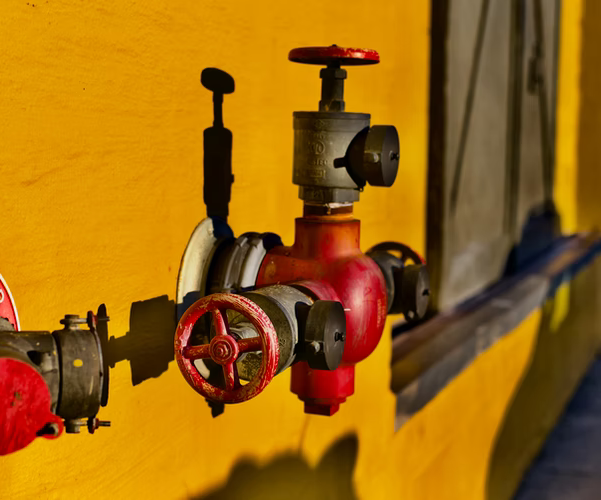
Rusty water
One of the most commonly overlooked signs of water heater failure is rust-colored water. Rusty water from a hot water tank means that sediment has been released into your home’s plumbing system from either the bottom of the tank or a leak in a corroded area of the tank.
Rust inside an older storage tank can be caused by electrolysis, which occurs when dissimilar metals come in contact with each other and react with each other to form a third substance — in this case, iron oxide. Some newer tanks feature stainless steel exteriors, but internally contain galvanized metal elements, which means that even new tanks may produce rust-colored water if they are improperly installed or poorly maintained. High concentrations of sediment may cause hazardous plumbing problems, but most sediment from a failing hot water tank is relatively harmless, although it means that you should probably begin looking for a new water heater.
Rumbling or gurgling
Hissing or gurgling noises coming from your hot water tank may indicate one of two problems: sediment in the bottom of the tank releasing into the plumbing system, or a buildup of either calcium or magnesium in the heating elements. Both pockets of mineral deposits can shut off heat to an element and cause hissing or bubbling noises when they finally dissolve. Neither type of deposit is dangerous itself but may be indicative of sediment build-up from failing internal components. While you’re waiting for an answer from a professional plumber on why your heater is hissing or gurgling, check your hot water tank for sediment. If you find sediment in the bottom of the tank, the problem is likely to be more serious than a few bubbles in your plumbing.
A strong gas odor
Gas odors are sometimes confused with rotten egg odors (hydrogen sulfide) naturally present in well water; however, most gas smells originating from inside homes are caused by faulty heating elements. Natural gas heaters operating without enough oxygen can produce deadly carbon monoxide fumes that may not be noticeable until it’s too late. Carbon monoxide poisoning symptoms mimic the flu and include headache, nausea, and vomiting — but don’t wait to find out! If you have a gas water heater and notice an unusual smell inside your home, immediately open windows to relieve the pressure, then call a plumber.
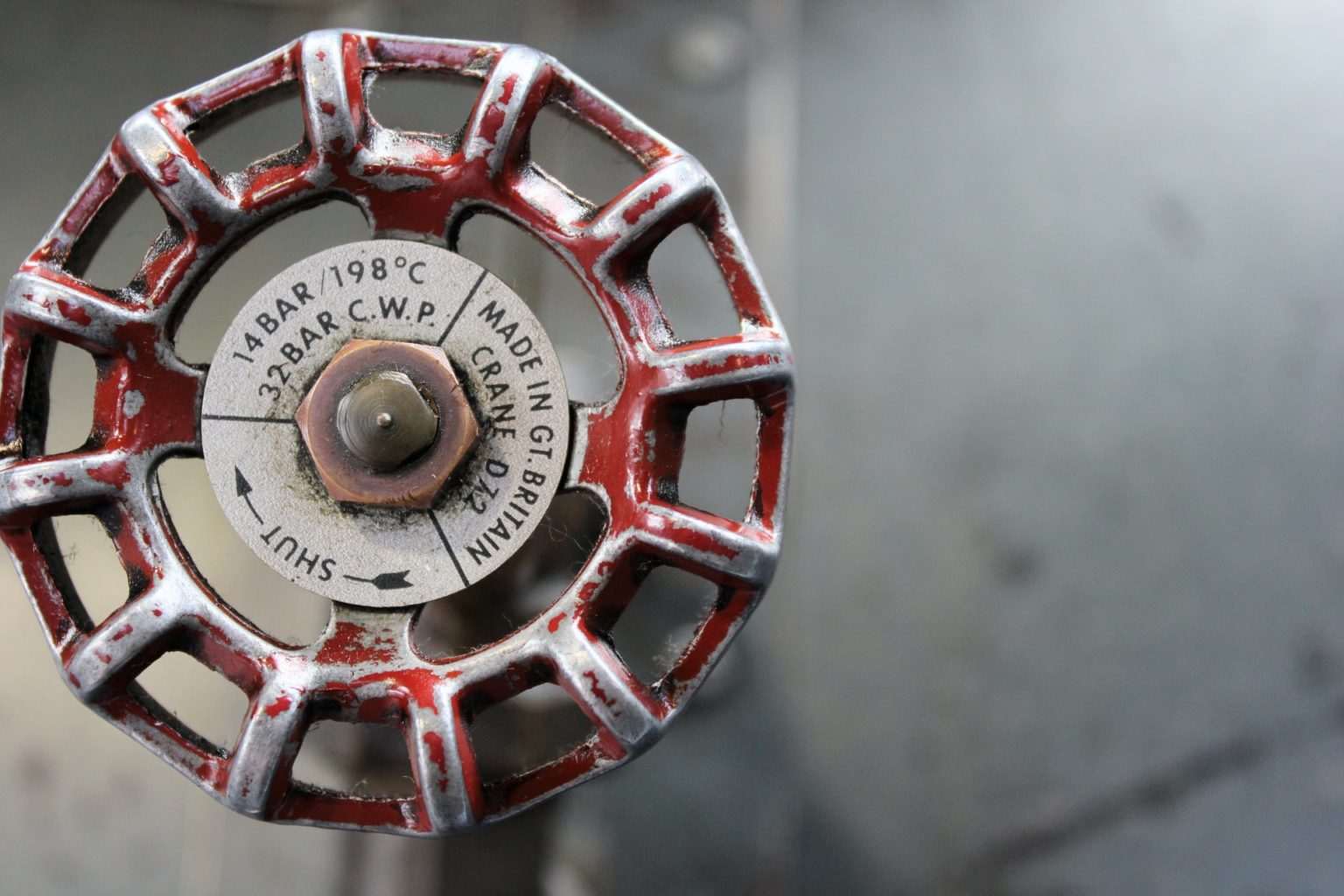
Frequent boiling
If your water heater is frequently bubbling or boiling, the heating elements have probably failed and you cannot expect your hot water tank to function properly. Hard minerals have probably built up inside the tank around the heating element, causing an uneven flow of heat throughout the tank. Some tanks may even cycle on and off too often or not store enough hot water for daily use. This is a serious problem that needs to be addressed immediately by a professional plumber. Don’t ever try to fix a problem yourself, especially if you aren’t sure of the cause!
High water bills
Though water heaters rarely account for more than 15 percent of your home’s energy costs, heating water in a storage tank requires a considerable amount of power. If your water bills have been consistently high over the past few months, it could indicate that either sediment has built up or that there is a leak in your hot water tank. Even if you think to check for sediment after signing for an unusually large bill, you’re unlikely to find it until your plumber has confirmed that no other problems exist with piping inside or outside the house.
Weak hot water flow
If your water heater is providing you with a weaker than normal flow of hot water, it may indicate one of several conditions. First, sediment may have built up inside the tank and is restricting flow through the bottom of the tank — if so, we recommend getting a professional inspection as soon as possible. A second possibility is that calcium or magnesium deposits have clogged the heating elements and are restricting their ability to transfer heat throughout the tank — again if so, we recommend having a plumber inspect and clean out your heating elements as soon as possible to avoid further damage to your hot water tank. If you’re faced with either condition and need help evaluating what’s causing reduced flow from your heater, contact a plumber now.
How To Resolve A Water Heater Failure
If your water heater doesn’t have hot water, it may have a failing heating element, tripped limit switch, or power switch problem. Find the circuit breaker and check if it hasn’t tripped. Turn the switch off and, after a few seconds, turn it back on. If the circuit breaker didn’t trip, you can reset its high-temperature limit if it’s still on.
Here’s how:
- Switch off the heater’s circuit breaker in the service panel.
- Remove the upper heating element’s access panel from the heater.
- Remove the safety guard and insulation carefully. Don’t touch any electrical wires or terminals.
- Press the red button above the thermostat.
- Return the access panel, insulation, and safety guard.
- Turn on the circuit breaker.
Note: Test each heating element to ensure they’re working. Otherwise, replacement is necessary.
Have you performed all the possible troubleshooting steps but your water heater is still not working? A professional plumber can check the source of the problem using advanced tools, equipment, and plumbing techniques. For instance, the plumber can use a non-contact voltage tester to test all wires before touching and repairing them for safety.

General maintenance
Most problems with water heaters are caused by neglect. Replacing the unit every 8 to 12 years is often encouraged, but that doesn’t mean that you need to replace your current unit if it’s working properly or that you can’t delay replacement for another year or two. Regularly draining the tank and following all manufacturer instructions will help prevent breakdowns and therefore avoid expensive repairs down the road.
Water heaters are not designed to last forever. However, they do come with warranties for up to six years depending on where you purchase yours. It’s important to know what signs indicate failure so you can act swiftly when necessary. Noticing any of these signs on time you’ll avoid having aggravating problems and the high costs that come with them.












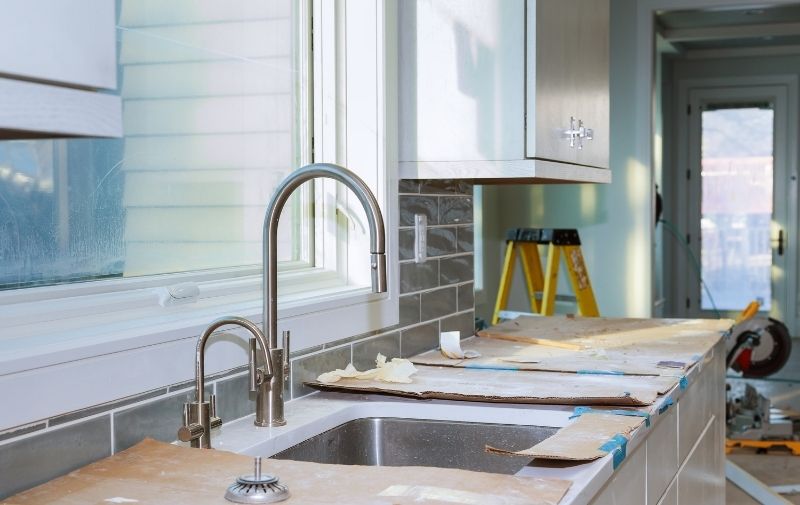


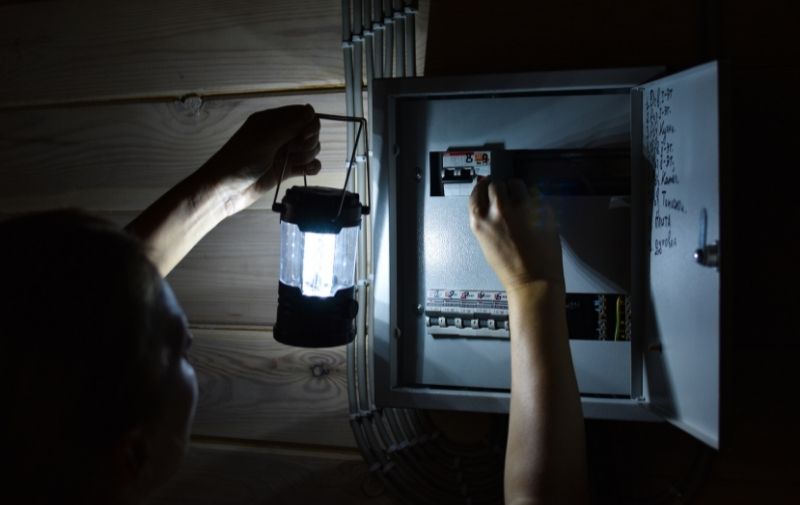






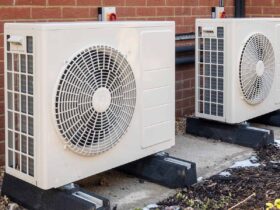
Leave a Reply